By the end of 2023, after 2 years of implementing Resolution No. 43, our country has gradually reopened the economy and restored economic and social activities.
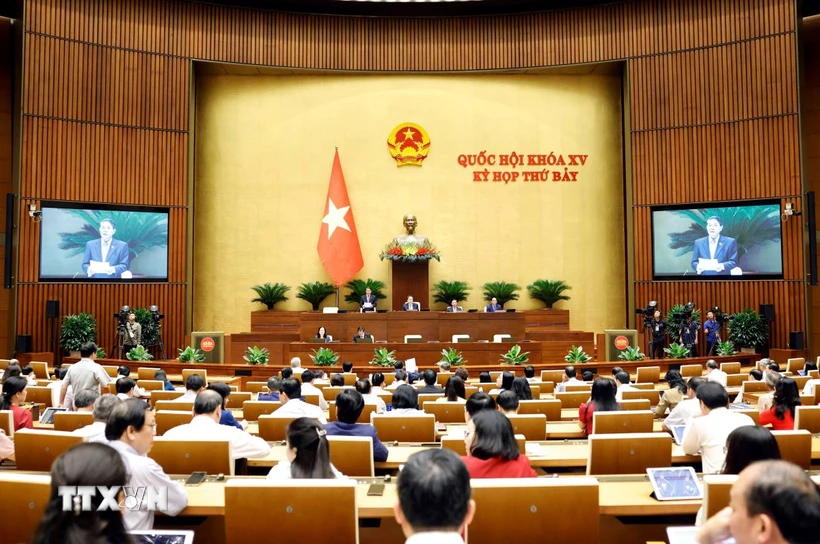
On May 25, according to the agenda of the 7th Session, the National Assembly discussed the Report of the Supervisory Delegation and the draft Resolution of the National Assembly on the results of the thematic supervision of "the implementation of Resolution No. 43/2022/QH15 dated January 11, 2022 of the National Assembly on fiscal and monetary policies to support the Socio-Economic Recovery and Development Program and the National Assembly's resolutions on a number of important national projects until the end of 2023."
On the afternoon of May 25, at the discussion group, delegates gave their opinions on the Investment Policy for the Project to invest in the construction of the North-South Expressway in the West, Gia Nghia (Dak Nong) - Chon Thanh (Binh Phuoc) section; Adjusting the investment policy for the National Target Program on Socio-Economic Development of Ethnic Minority and Mountainous Areas for the 2021-2030 period.
Economic recovery and development after the pandemic
Chairman of the National Assembly's Finance and Budget Committee and Deputy Head of the National Assembly's Supervisory Delegation Le Quang Manh said that Resolution No. 43 was issued by the National Assembly in a special context, when the COVID-19 pandemic with extremely complicated and unpredictable developments has caused serious negative impacts on people's lives and the country's socio-economic situation.
The Resolution has many strong, drastic, unique and unprecedented policies to achieve the "dual goal": supporting the prevention and control of COVID-19, supporting people and businesses, helping to restore and develop the economy after the pandemic.
By the end of 2023, after 2 years of implementing Resolution No. 43, our country has gradually reopened the economy and restored economic and social activities. The country's economic and social activities from the state of adapting to the epidemic quickly returned to normal and gradually recovered.
Many policies have been put into practice and brought about timely effectiveness, such as credit policies through the Social Policy Bank system, housing rental support for workers, and value-added tax reduction, which have contributed to supporting people, workers, and businesses to overcome difficulties, maintain and restore production and business.
The specific mechanisms approved by the National Assembly have promoted efficiency, enhanced responsibility, management capacity, proactiveness and creativity of ministries, branches, central and local agencies, shortened implementation time, promoted capital disbursement progress, supplemented important and timely cash flows for the economy, and promoted the effectiveness of investment projects.
In addition to the basic positive results, the Report of the Supervisory Delegation also pointed out the shortcomings and limitations in the implementation of Resolution No. 43 such as: the investment preparation work of some projects is slow, not ensuring readiness for implementation, disbursement of capital according to the Resolution's deadline requirements; the list of projects submitted to the National Assembly is not close to reality, requiring many adjustments; the completion of investment procedures and capital allocation is still delayed, affecting the implementation progress and reducing the efficiency of capital use of the Program.
The progress of implementation and capital disbursement of many projects does not ensure the prescribed deadline in 2022-2023, especially investment projects in the fields of health and information technology have very slow progress. Some policies have not achieved the plan and set targets such as: the policy of supporting interest rates of 2%/year through the system of commercial banks has a low disbursement rate (only reaching about 3.05% of the plan); the policy of supporting housing rent for workers (reaching 56% of the plan), having to transfer resources to implement other policies...
National Assembly deputies agreed that Resolution 43 on fiscal and monetary policies to support the Socio-Economic Recovery and Development Program is a correct and timely decision, contributing significantly to the prevention and control of the COVID-19 pandemic and the recovery and development of the socio-economy.
The opinions focused on analyzing the results, shortcomings, limitations, causes and responsibilities in implementing the resolution; contributing many solutions to ensure more effective results when issuing policies in urgent, urgent situations or when there are unexpected socio-economic fluctuations due to objective factors.
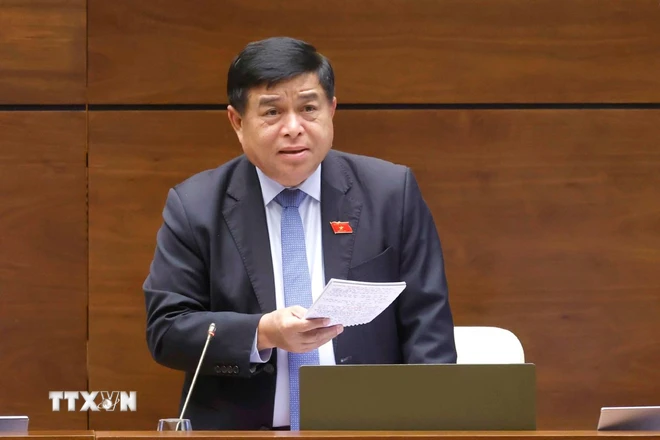
National Assembly deputies also contributed solutions to remove difficulties and obstacles to speed up the implementation of important national projects and effectively implement the policies of Resolution 43 that have not yet been completed.
Speaking about the issues of concern to the delegates, Minister of Planning and Investment Nguyen Chi Dung thanked the delegates for their frank and accurate opinions, which will be valuable lessons for the process of policy development and implementation in the future.
The Minister said that Resolution No. 43 was developed in a particularly difficult situation, when economic growth decreased sharply, businesses faced many challenges, the global supply chain was broken, requiring urgent solutions to support businesses and people to stabilize their lives and gradually restore the socio-economy.
Speaking at the conference, Governor of the State Bank Nguyen Thi Hong shared that after Resolution 43 was issued, the Government assigned the State Bank to coordinate with ministries and branches to develop and advise on the submission of Decree No. 31.
The Governor of the State Bank said that there has never been a program that the State Bank has spent so much time and effort to organize and implement. Many conferences were held, requiring each provincial and municipal branch to implement it in their localities.
The Governor of the State Bank expressed his agreement with many opinions of National Assembly deputies that in the complex and unprecedented context, policies may not be close to reality, but the important thing is that through this we can draw lessons on how to support businesses and people.
Traffic connection in the Central Highlands region
On the afternoon of May 25, in a discussion in groups, delegates gave their opinions on the Investment Policy for the Project to invest in the construction of the North-South Expressway in the West, Gia Nghia (Dak Nong) - Chon Thanh (Binh Phuoc) section.
According to the planning, Gia Nghia-Chon Thanh Expressway belongs to the North-South Expressway in the West. This is an important traffic axis, connecting the Central Highlands with the Southeast, Southwest and Ho Chi Minh City.
Investment in the Gia Nghia-Chon Thanh expressway will solve traffic infrastructure bottlenecks, create new development space, and act as a driving force for socio-economic development, ensuring national defense and security in the Southeast and Central Highlands regions.
Commenting on the Project Investment Policy, the majority of opinions agreed with the necessity of investing in the North-South Expressway project in the West, Gia Nghia (Dak Nong) - Chon Thanh (Binh Phuoc), to concretize the 10-year Socio-Economic Development Strategy 2021-2030 and the Politburo's Resolutions on the development of the Central Highlands and Southeast regions; opening up new development space for localities, creating connectivity in the Southeast and Central Highlands, creating spillover, ensuring national defense and security.
Project investment is also consistent with the socio-economic development strategy and related planning. The opinions expressed also basically agree with the investment scope and route of the Project, the investment scale and investment method.
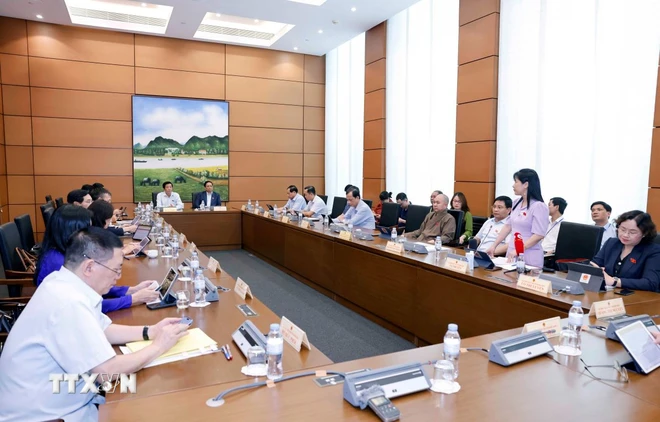
Speaking to delegates at the meeting, Minister of Transport Nguyen Van Thang (Dien Bien delegation) said that the people of the Central Highlands are eagerly awaiting this project. If the project becomes a reality, this will be a beautiful route and will certainly be very effective in connecting the Central Highlands, the Southeast and Ho Chi Minh City.
The Ministry of Transport is also very pleased that the National Assembly and the Government are paying 50% of the project's funding, while the rest is being called for by businesses. The Minister also affirmed that he is "not worried about attracting investors" for this project. The reason is that this is a project with a toll collection period that is not too long, 18 years, ensuring both bank interest rates and investment rates. This period is relatively similar to the 3 North-South expressway projects in the East that have been completed and are about to collect tolls.
In addition, the project's revenue sharing mechanism is also a more favorable condition to attract investors to participate. According to the Minister, National Assembly delegates can rest assured about the issue of rest stops on this highway. Because the Ministry has experience, the legal system is complete and investors are very interested in rest stops.
Also at the group discussion session on the afternoon of May 25, delegates gave their opinions on adjusting the investment policy of the National Target Program on Socio-Economic Development for Ethnic Minority and Mountainous Areas for the 2021-2030 period./.








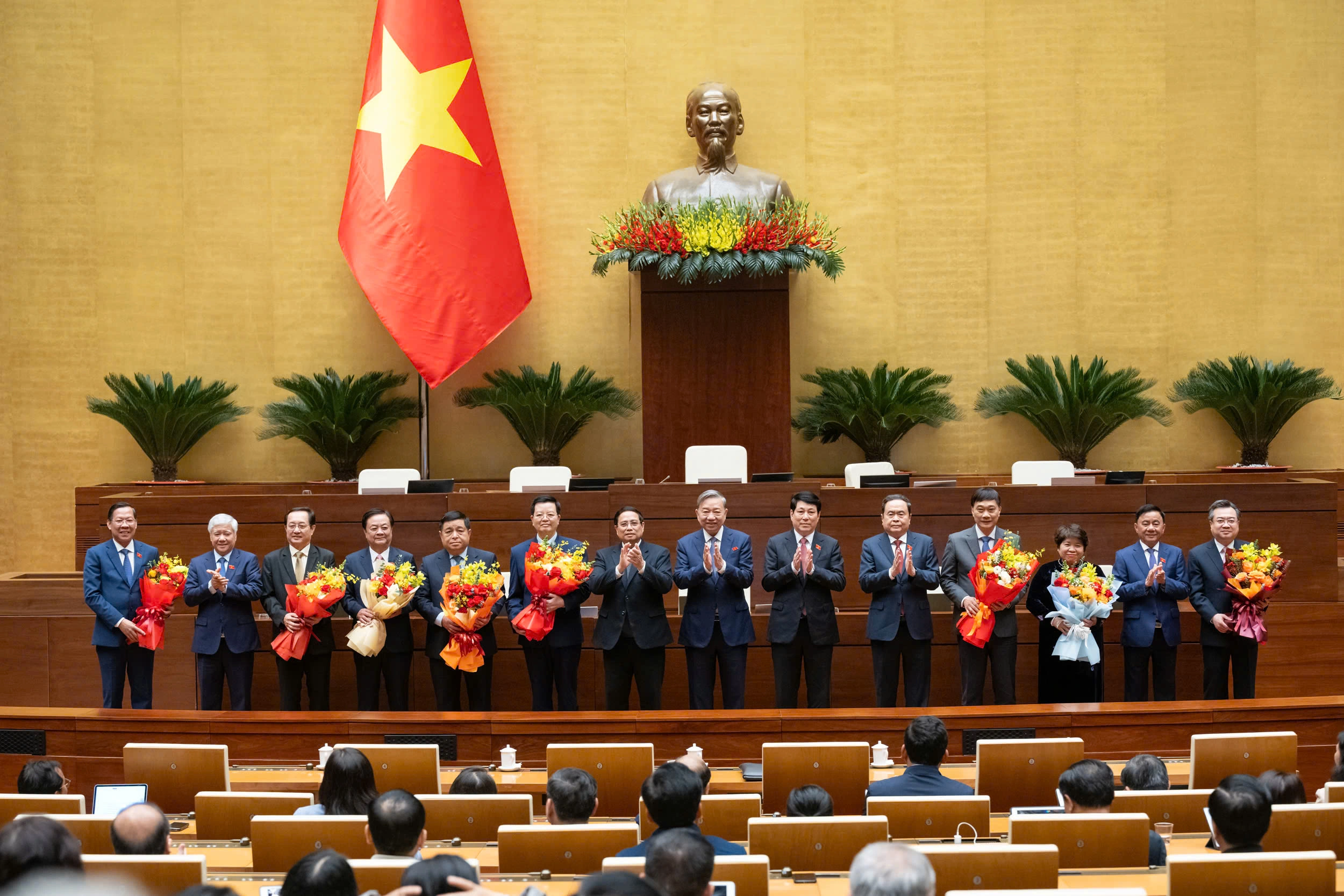

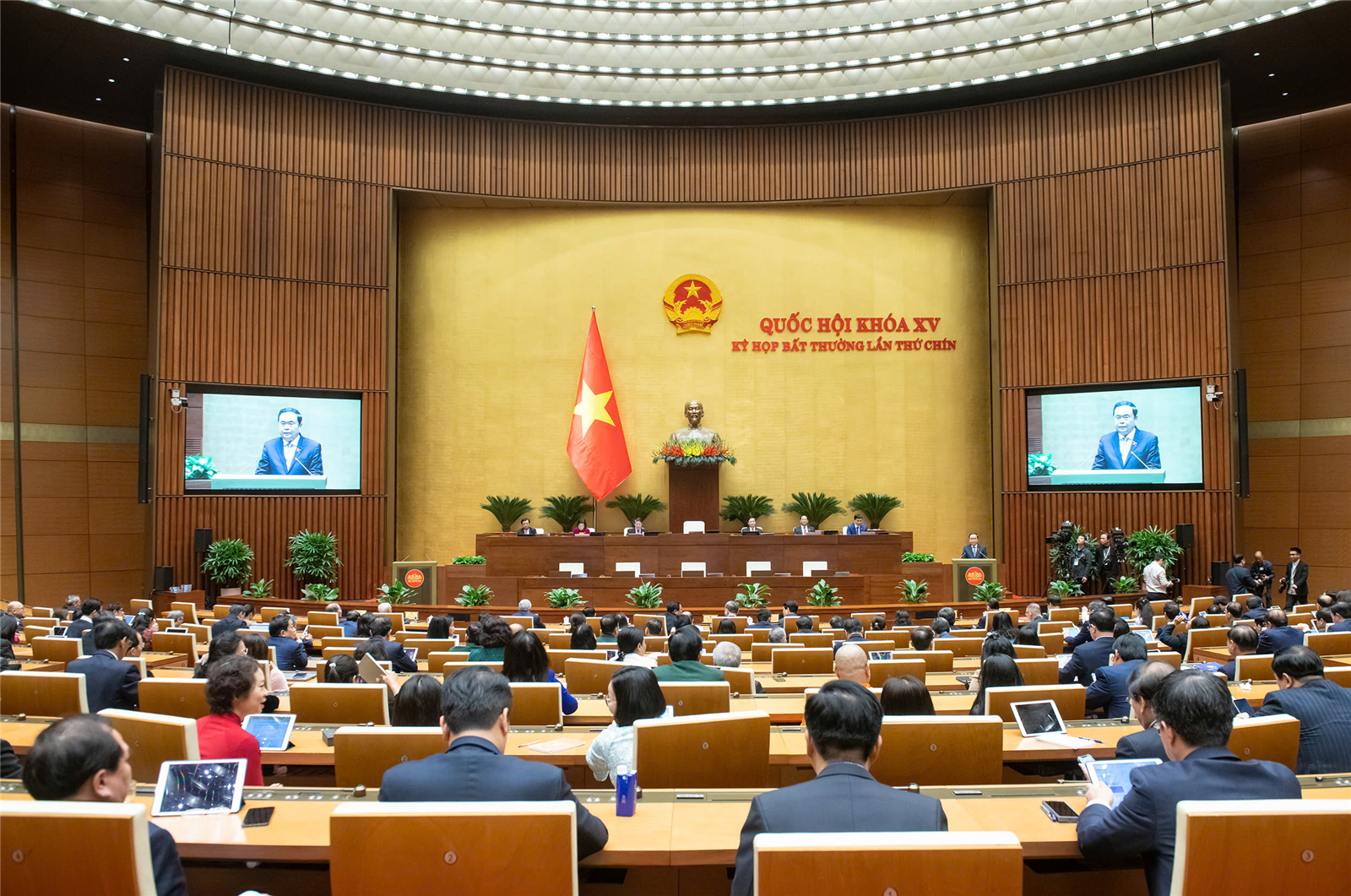

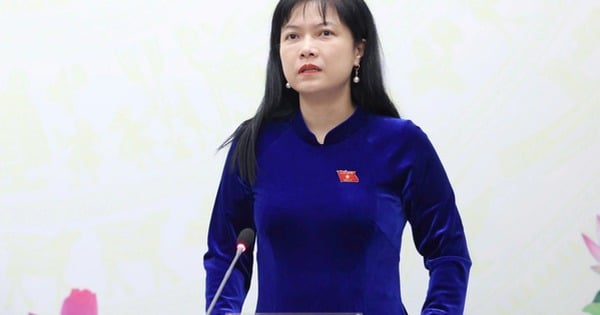

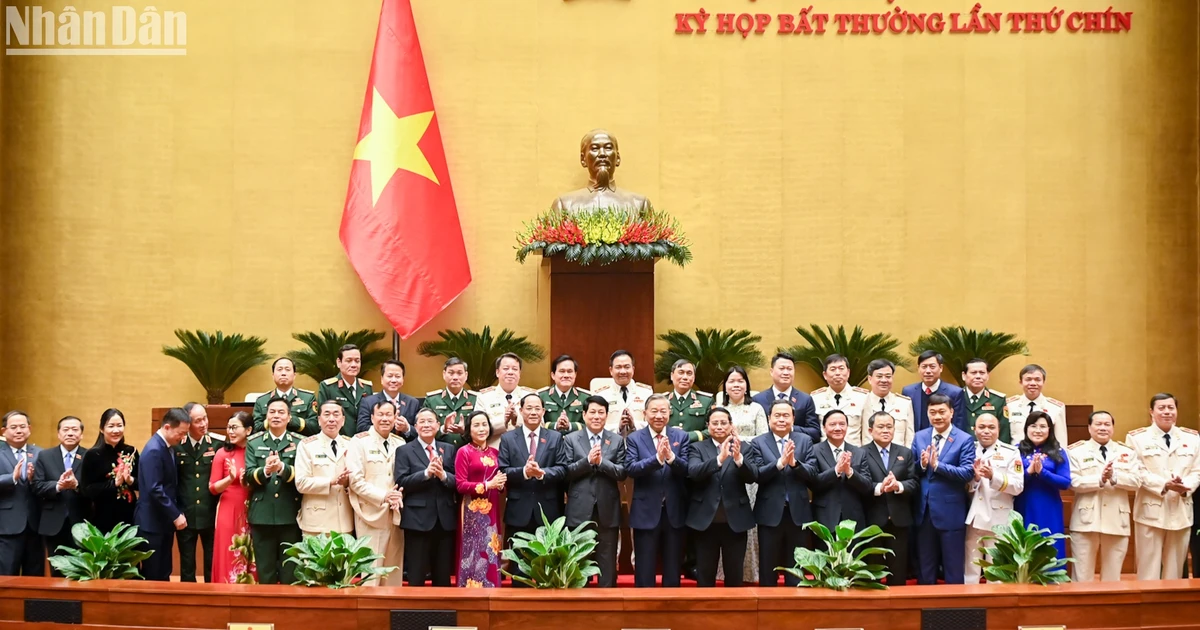

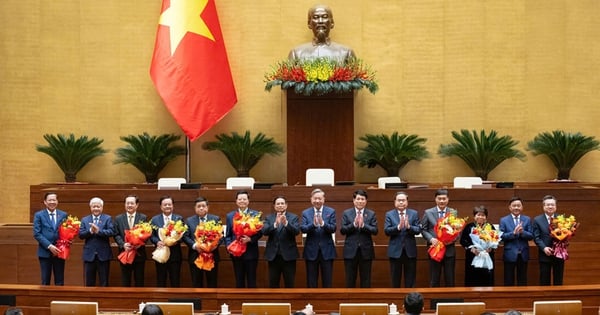
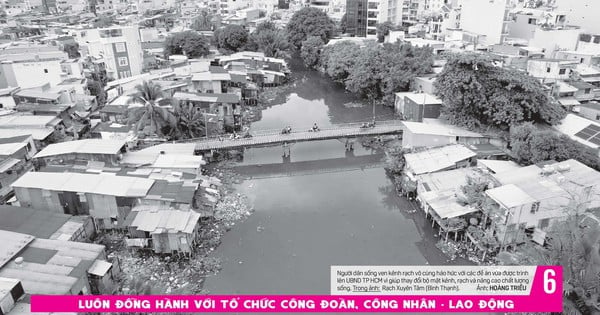
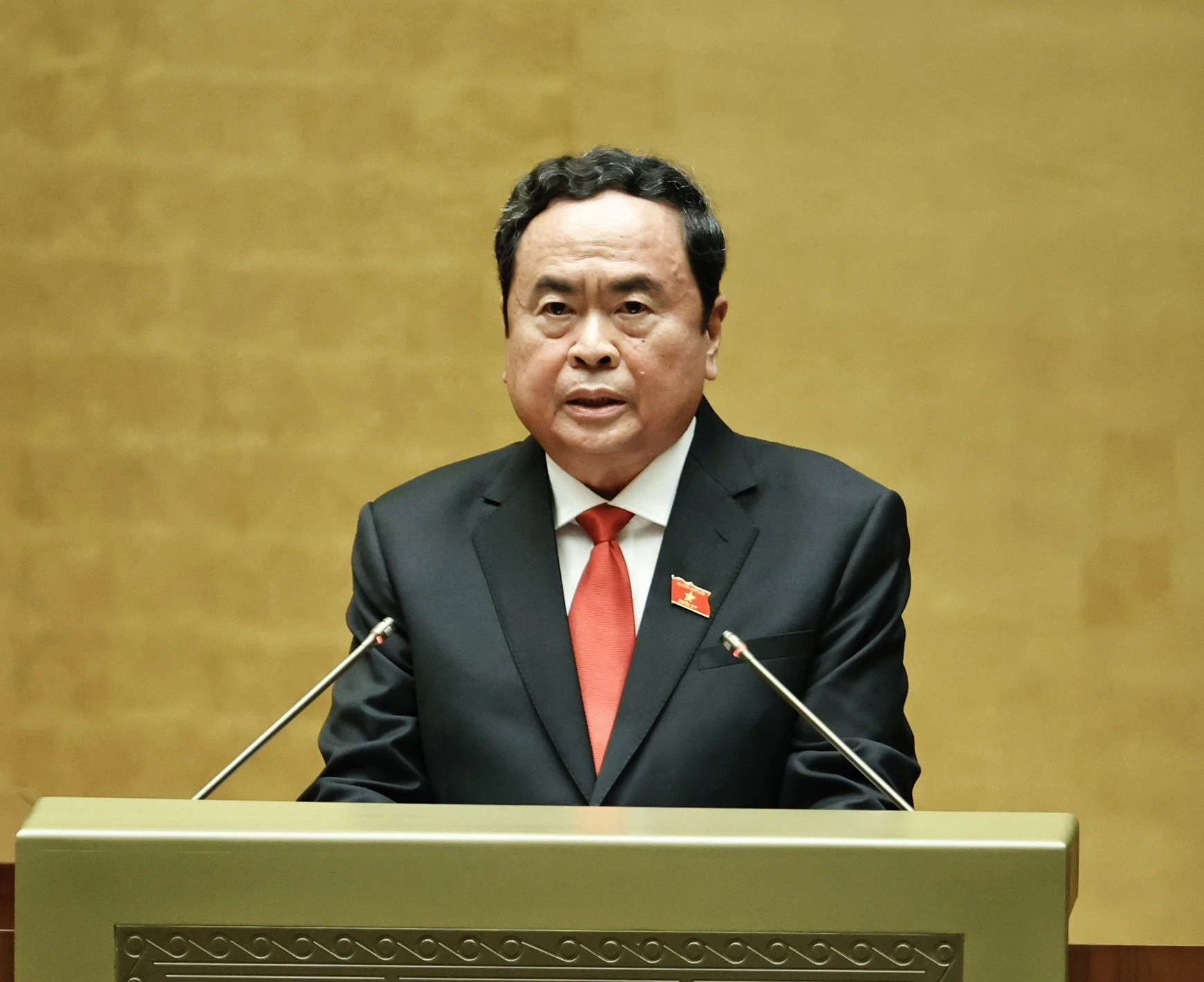
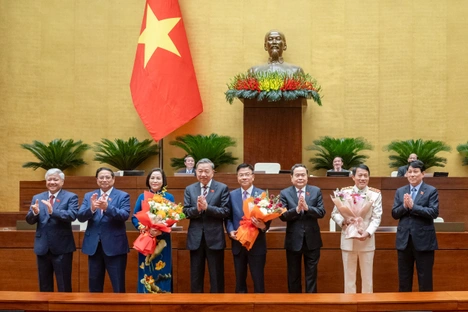
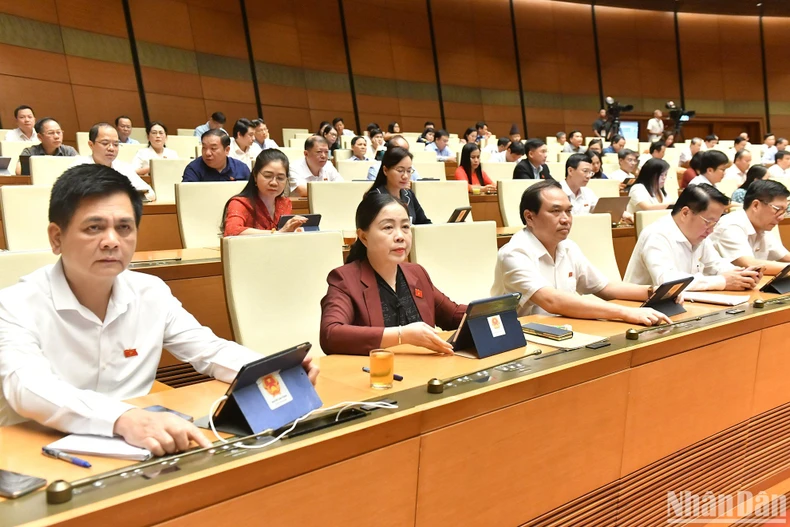
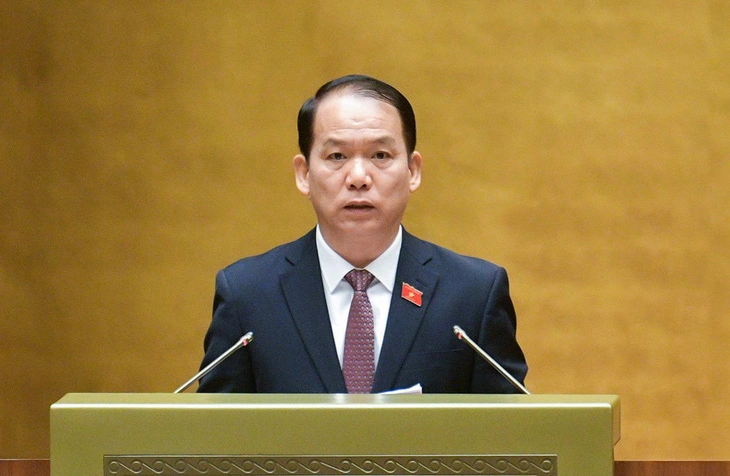

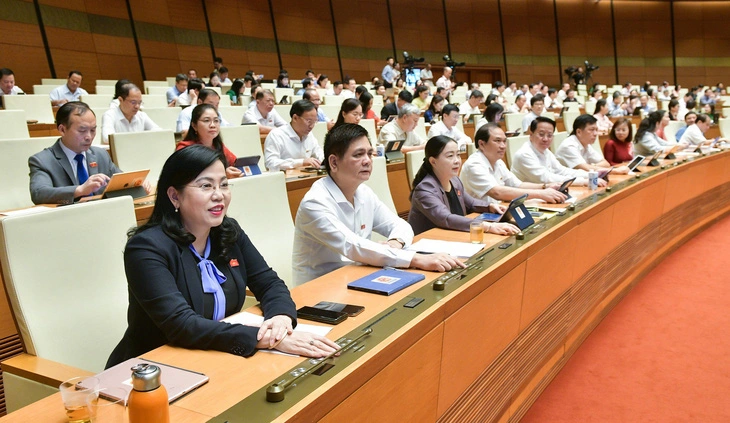
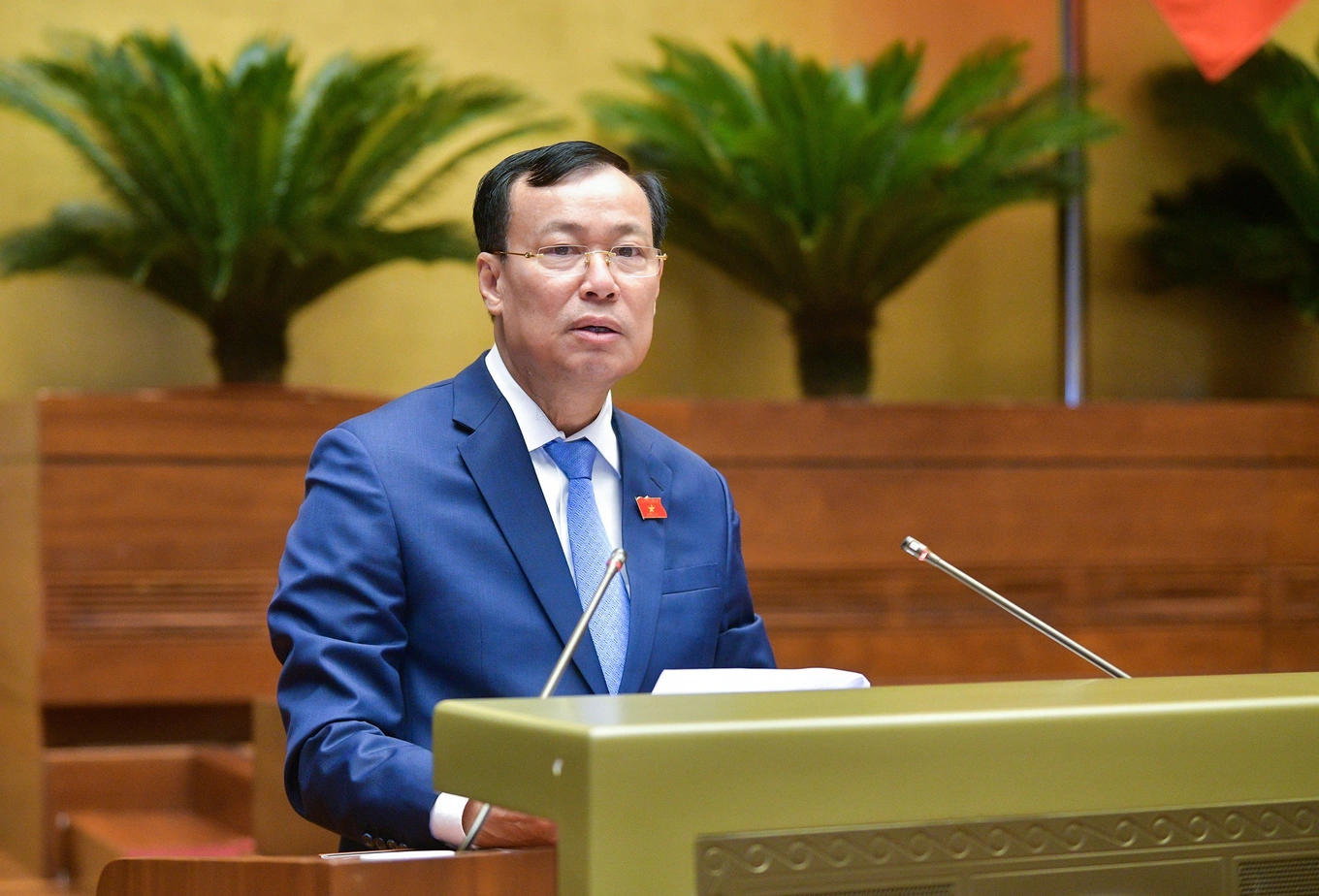





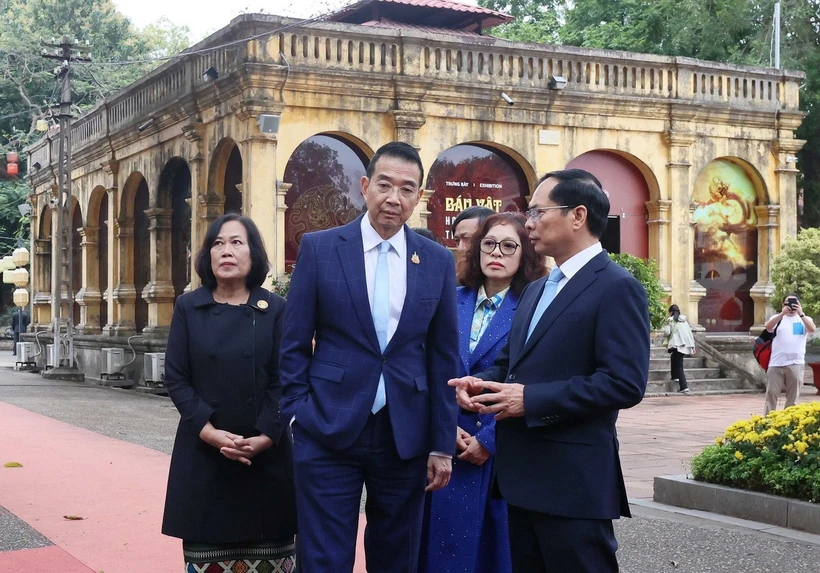








![[Photo] Prime Minister Pham Minh Chinh chairs Government Conference with localities on economic growth](https://vstatic.vietnam.vn/vietnam/resource/IMAGE/2025/2/21/f34583484f2643a2a2b72168a0d64baa)























































Comment (0)